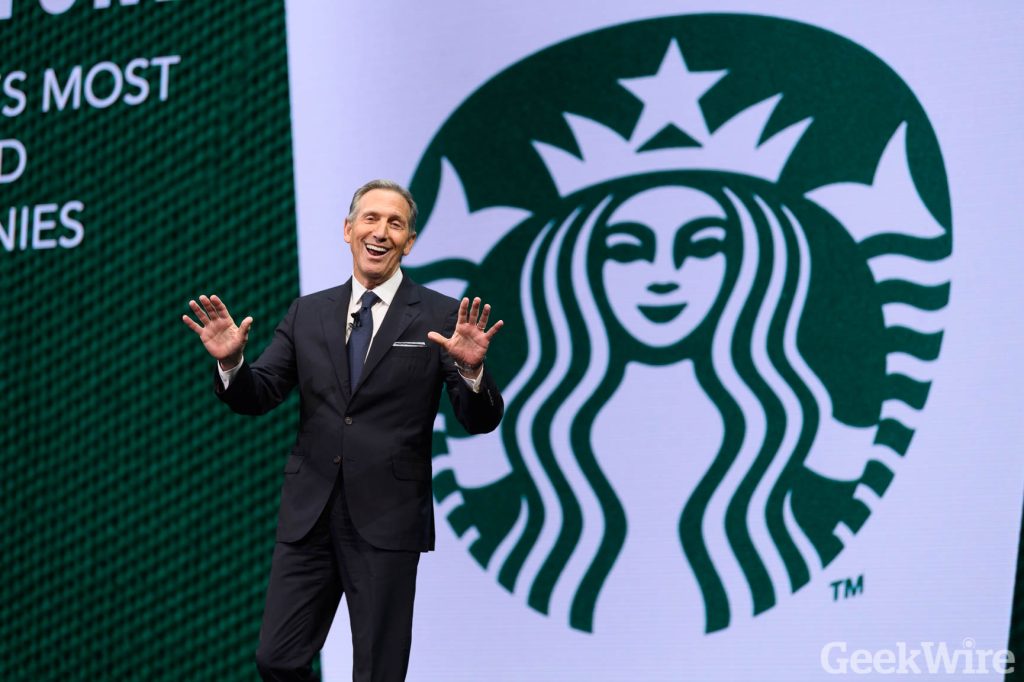Howard Schultz, the former CEO and chairman of Starbucks, provided suggestions to help the company bounce back after a more than 12% drop in shares following disappointing quarterly results. Schultz recommended an overhaul of the go-to-market strategy and focusing on the mobile ordering experience, which he believes needs reinvention to recapture its initially uplifting nature. Starbucks was an early adopter of mobile ordering technology, but faced issues with long wait times and product unavailability leading to incomplete orders by customers.
Schultz emphasized the importance of senior leaders spending more time with their employees to better understand the challenges faced on the ground. He also highlighted the need to focus on creating an experiential rather than transactional atmosphere in Starbucks stores to align with the company’s “third place” concept. Schultz’s advice to focus on the store experience rather than relying solely on data reflects his belief in the importance of nurturing a strong organizational culture and customer relationships.
While Starbucks’ loyalty program has shown a slowdown in growth, the company plans to expand its mobile app access to non-rewards members and introduce exclusive in-app offers to attract and retain customers. Additionally, Starbucks is investing in digital technology to enhance customer targeting and personalization. The company has piloted a partnership with Gopuff for delivery services and aims to build a $2 billion business in this segment over the next five years.
Despite facing challenges in key markets due to economic uncertainties impacting customer traffic, Starbucks remains committed to overcoming its recent setbacks. Schultz, who returned briefly as interim CEO before passing the torch to Laxman Narasimhan, expressed his enduring love for the company and its employees. He mentioned that any strategy shift should begin with strengthening the company’s culture based on inspiring employees and exceeding customer expectations with a focus on servant leadership.
Schultz’s recommendations for Starbucks’ recovery focus on improving the mobile ordering experience, creating a more welcoming atmosphere in stores, and enhancing culture and leadership within the organization. The company aims to leverage digital technology and partnerships to drive growth in delivery services and personalize customer experiences through targeted offers and promotions. Despite a decline in revenue and stock value over the past year, Starbucks remains determined to navigate the challenges facing the industry and emerge stronger with a renewed focus on customer satisfaction and employee engagement.















